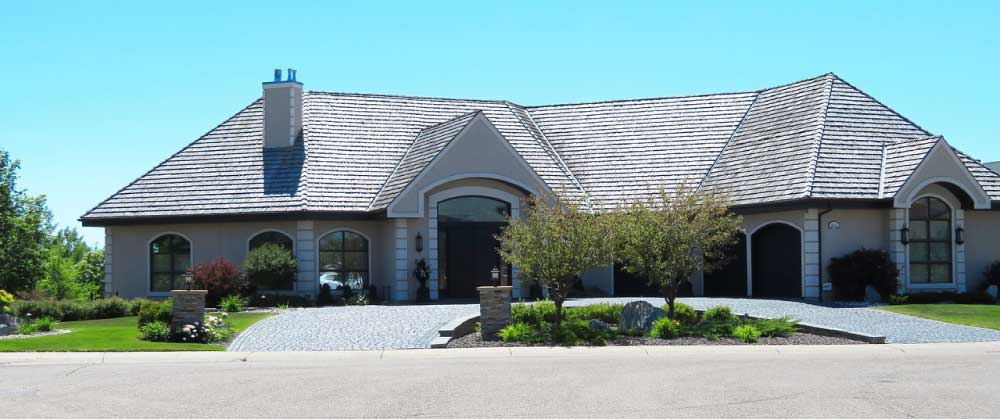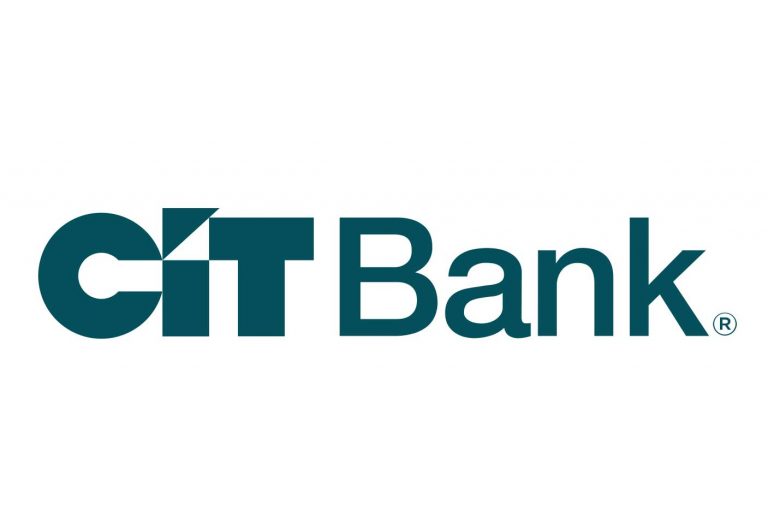What is a Mortgage?
Making good decisions about the home that you purchase to live in (or as an investment) is critical for being prosperous and building your financial wealth. To help you make better decisions with regard to how you’ll finance your home or another property, this article covers the essentials of how mortgages, not only answering the question of “What is a mortgage?”, but providing pertinent details that will give you the knowledge you need to fare the best in your decision.
A mortgage, often referred to as a home loan, is an agreement between a borrower and a lender that gives the borrower access to money from the purchaser for the purpose of buying real estate. In exchange, the borrower promises to pay back the amount borrowed along with interest and other fees to the lender over a period time.
The lender in a mortgage agreement is referred to as the mortgagee, and the borrower is referred to as the mortgagor. A mortgage agreement can be made between two individuals, two legally formed entities (such as a business, trust, or organization), or between an individual and an entity.
Terms of a Mortgage
Mortgage agreements include several terms that vary from mortgage to mortgage. The most critical elements of a mortgage include:
- the interest rate being charged by the lender
- the length of term that the mortgage will be in effect
- the agreed upon monthly payments due by the borrower to the lender
These aspects of a mortgage are specified, along with other critical details, in a promissory note that is also signed by the lender and the borrower in connection with the mortgage agreement.
The promissory note is the legal document that spells out the obligation of the borrower to pay back what has been borrowed from the lender.
Mortgage Promissory Note
A mortgage agreement is coupled with a promissory note, which is a legal contracted promise by the borrower to repay the full balance of the loan along with the interest that accrues throughout the course of paying back the mortgage. The promissory note spells out the interest rate that the lender is charging for borrowing its money, the length of time
Collateral for Mortgage Payment
In a mortgage agreement, the property serves as collateral for the lender so that if the borrower defaults, the lender can foreclose on (take legal possession of) the property in order to recuperate the funds that have been lent. In the case of a foreclosed property, the lender typically sells the property (often at a discount from the property’s actual value) and uses the proceeds of the sale as repayment for the amount that was lent. The lender will usually also collect from the sale, if possible, other fees associated with servicing the loan and other fees stemming from foreclosing and selling the property.
What Determines the Mortgage Interest Rate?
The mortgage interest rate paid by a borrower is tied to market supply and demand as well as the risk versus reward equation for lenders. The range of interest rates a borrower might pay is determined by the overall economy, the housing market, government monetary policy, and related factors, most of which are out of the control of a borrower.
Lenders also have to consider the risk of lending money to someone versus the reward gained from issuing the mortgage loan. If it is riskier to lend money to a borrower, the interest rate goes up, and the borrower must pay more for access to the loan. If the mortgage loan opportunity is safer for a lender, the interest rate and overall amount paid to have access to the loan is lower. Several factors affect this riskiness to the lender, and most of them can be controlled to one extent or another by the borrower.
Economic Factors and Monetary Policy
The rate at which money is being lent throughout the national economy is highly influenced by the monetary policy of the United States Federal Reserve Bank, which sets a federal funds interest rate, which forms the foundation for mortgage interest rates. When the federal funds rate is higher, mortgage interest rates will generally be higher. When the federal funds rate goes lower, mortgage rates also drop.
This factor affecting mortgage interest rates is one you have no control over. However, it is one that borrowers carefully watch with the intent of timing their application for a mortgage with the lowest possible federal funds rate, which has the potential to change every seven weeks when the Federal Open Market Committee members meet.
Borrower Credit Score
Lenders access a borrower’s credit score by obtaining a credit report from one or more of several different credit reporting bureaus, including Experian, Equifax, and TransUnion. These credit bureaus report to financial institutions on people’s creditworthiness based on factors that include whether you’ve paid other loans (such as credit cards and utility bills) on time, how much credit you’ve been extended, and how much of that credit you are currently using, and other credit factors that allow them to calculate a score (known as a FICO score) that represents how risky it is to lend money to you.
If your FICO score is too low (below the 550 range on a scale from 350 to 850), you may not be eligible for a mortgage. If you have a FICO credit score in the 750+ range, you’ll likely have a significantly lower interest rate than if your credit score is closer to 600.
Location of Property
Interest rates vary by state. For instance, interest rates in the states with the lowest rates (California, New Jersey, Washington, Massachusetts, and Utah) currently are lower by about .15 than the states with the highest rates (New York, Iowa, Arkansas, Oklahoma, and Maine).
Also, if the area you’re buying your property makes it susceptible to losing value, your interest rate could be higher to offset the increased risk to the lender.
Loan Amount and Cost of Home
If you’re borrowing an unusually small or unusually large amount of money to buy a home, you’ll see an increase in interest rate.
Down Payment
A bigger down payment reduces the risk to the lender that you’ll default on your loan, since you’re much more highly invested in not defaulting when there’s more of your own hard-earned money used to buy the property. So, higher down payments usually bring with them lower interest rates.
Length of Mortgage Term
Mortgages that are paid back over longer periods of time typically have higher interest rates, although the monthly payment for these loans is typically lower.
Types of Mortgages Available
There are lots of different mortgage programs available for people looking to buy or refinance a home. I will cover some of the most popular types of mortgage loans here. There is some overlap in several of these types, meaning that many loans fit in more than one category (e.g. FHA loans are fixed rate, but not all fixed rate loans are FHA loans).
Fixed Rate Mortgage: As the name implies, fixed rate mortgages have the same interest rate throughout the entire life of the loan. Fixed rate mortgages are the most popular loans, because there is much more certainty about how much must be set aside by a borrower to make the mortgage payment.
Adjustable Rate Mortgage (ARM): Adjustable rate mortgages have interest rates that can change up or down (they mostly go up) at intervals designated in the loan agreement. ARM loans often have a lower initial interest rate than a fixed rate mortgage, but most often that rate increases over the course of the loan. ARM loans are popular for people who are hoping to pay off the loan quickly or who plan to refinance their homes later.
Conventional Loan: A conventional loan is one that is not backed by a government agency. Unlike federally insured or guaranteed loans that include FHA loans, VA loans, and USDA loans, conventional loans have no government guaranty of repayment. For this reason, conventional loans typically require at least a 20% down payment, unless the borrower pays for mortgage insurance, which is known as PMI (private mortgage insurance), the premium for which is paid along with the monthly principal and interest payment.
Conventional loans are broken into two categories, conforming and non-conforming. Conventional loans that are classified as conforming loans are ones that conform to the financing limits set by the Federal Housing Finance Agency (FHFA), and that meet guidelines established by Fannie Mae and Freddie Mac (two government-sponsored enterprises that operate under the direction of the FHFA) for mortgage underwriting. Jumbo loans are mortgages for amounts that are higher than the loan limits set by Fannie Mae and Freddie Mac.
FHA Loan: FHA loans are backed by the Federal Housing Authority, which uses taxpayer funds and proceeds from its own operations to provide mortgage insurance to lenders on behalf of borrowers. FHA loans provide flexibility for homebuyers by reducing the risk of lending for the lenders and making it easier for a borrower to buy a home.
Several programs are available for people who use FHA loans to finance a home, including low or no down payment options and more options for people whose credit is not above average.
VA (Veteran’s Affairs) Loans: VA Loans are available for most military veterans as a part of the United States’ effort to reward those who serve in the military. Similar to FHA, VA loan programs give access to mortgages to military veterans who would not be able to receive loans through conventional channels. Zero percent down loans are commonly provided in the VA program, and mortgage insurance is provided through the Government National Mortgage Association, or Ginnie Mae.
To be eligible for a VA loan, you must meet service requirements set by the US Department of Veteran’s Affairs as spelled out on the VA Home Loans eligibility page.
USDA (US Department of Agriculture) Loans: USDA loans are also subsidized by the US federal government. They require no down payment, and can be used to purchase an owner-occupied residence. There are several requirements that must be met in order to be eligible for a USDA loan, including not having too high an income based upon the specific county in which you intend to use a USDA loan to purchase the property.
How to Apply for a Mortgage
There are several different ways to apply for a mortgage. Many people find someone they trust (either through their network of friends and family or by researching online) who is a loan originator or mortgage broker, and they work with that person to find a loan program that best matches their objectives. If you’re not sure what options are available for you and you’d like some help being walked through the process, this might be the best route for you, as you can get in-person support to answer your questions.

You can also apply for a mortgage online. Companies like LendingTree.com and Rocket Mortgage (a Quicken Loans company) allow you to fill out an application on their websites and provide you with what you need to determine your eligibility and submit your application quickly and efficiently.







